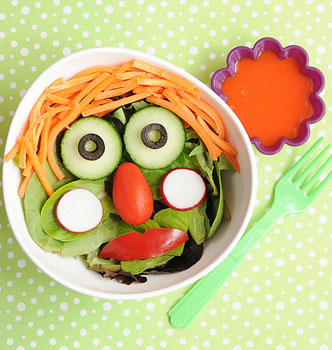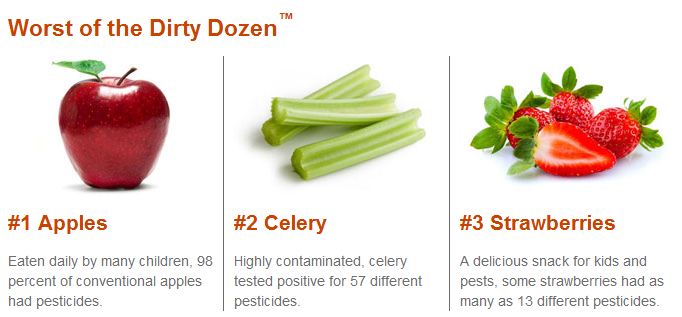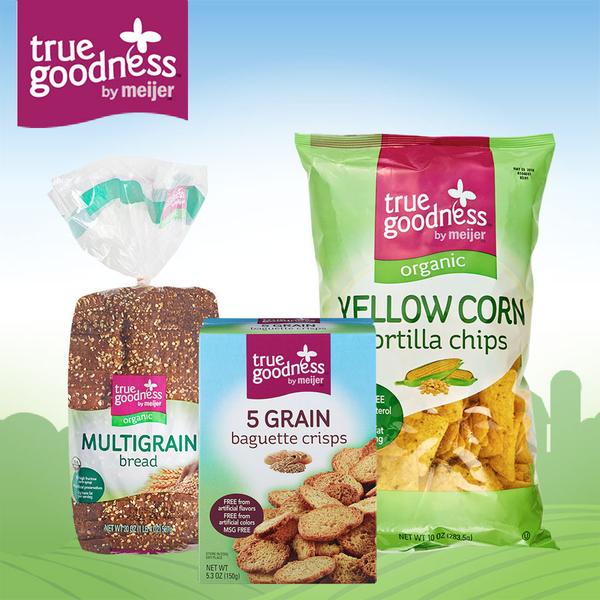Feeding a family of five on a budget can be a challenge. Making that food healthy all the time, is even more of a challenge. Believe me, sometimes I am tempted to buy a packaged meal to save time and make things easier on myself, but this food is not healthy, and it can be made from scratch a lot cheaper. When you plan ahead, you save a lot of time and money by eating at home, and cooking the foods from scratch. When you work two jobs, or have a busy family, it can be a challenge to cook a meal every night that your family will enjoy. My kids do not like every single vegetable that I put on their plate, but they do like options. If I give them the choice between two veggies, they will be more likely to eat the one they chose. For example, I will let them decide if they want roasted broccoli, or fresh spinach salad as a side with their dinner. They feel like they are in control, and are less likely to have a meltdown over eating all their veggies. My kids will sometimes eat the entire meal and ask for seconds, and other times they will nibble and say they don’t like the dinner, or they are not hungry. In my opinion, this is okay, they are not going to starve. They have learned that they do not have to like every food, but I am not going to make a separate meal for each person. Most of the time, if the child is hungry enough, they will suck it up and eat a little bit. They know they do not get any snacks or deserts later unless they eat their dinner. I stick to this rule, and do not give in, and they know this.
When you think about healthy food, it should be whole foods. You should be eating ingredients, not “food-like-products.” If it can be grown, or was once alive, I consider it a good food to eat. If you look at the food labels of most packaged meals, you will see a long list of ingredients that are hard to pronounce. This is a red flag! In most cases, if your grandmother would not recognize the food, then do not eat it. This is a great rule to follow when in doubt. Many people think that organic food is healthier, which certainly can be the case. We all know that it can get expensive always buying foods that are organic. I try to buy organic when I am buying a food from “the dirty dozen” list. These are produce with a higher amount of pesticides deemed by the Environmental Working Group (ewg.org).
Dirty Dozen:
Apples
Celery
Tomatoes
Cucumbers
Grapes
Nectarines
Peaches
Potatoes
Spinach
Strawberries
Blueberries
Sweet Bell Peppers
Also: Green beans and kale are moving up on the most sprayed list as well.
Here are the Clean 15, and these are the fruits and veggies that you can eat conventionally because they are not sprayed as heavily with pesticides.
Clean 15:
Onions
Avocado
Sweet Corn (watch for GMO)
Pineapple
Mango
Sweet Peas
Eggplant
Cauliflower
Asparagus
Kiwi
Cabbage
Watermelon
Grapefruit
Sweet Potatoes
Honeydew Melon
I try to avoid most processed foods for my family. It is cheaper and healthier to make these foods at home. With kids, it can be a challenge to avoid mac and cheese, crackers or cereal. These are some processed foods that I will occasionally have in the back of my pantry for “backup” just in case I forget to plan a healthy homemade meal. I always try to buy the organic version of these processed foods. I have found that when you buy the “store brand” organic version, it is usually just as much money as buying the name brand non-organic option.
Here are some of my money saving tips for buying healthy foods:
Tips:
-Buy things in bulk: Stock up on things that are on sale, or will last a long time in your pantry or deep freezer. I like to buy dry beans, rice, and pasta in bulk. I keep these sealed in mason jars, or airtight containers.
-Stock up on sale items: When a healthy food goes on sale, buy a bunch of it. You can cut up and freeze most fruits and veggies for snacking or cooking later.
-Buy local and seasonal produce: Seasonal produce has more nutritional value, it tastes better, and it is priced reasonably.
-Aldi is amazing: I love aldi for baking supplies. Flour, sugar, butter, chocolate chips, these are priced well. Produce can be hit or miss, but they can have some really cheap veggies and fruits also. I love that they have a large organic selection now also. This is where I get my children’s organic cheerios, and greek yogurt.
-Coupons help: I am not a huge coupon clipper, (I do not have time for that) but if I find a coupon for something that I buy a lot, every little bit helps!
-Plan ahead: If you plan your meals out every week you can have a better idea of what to buy so you don’t buy things randomly without a plan. Make a list and stick to it! This can help keep the healthy foods in your cart and the junk foods out.
-Use it so you don’t Lose it; If you have some meat or produce in the fridge that is getting ready to spoil, use it! Google recipes including that particular ingredient. I do this all the time, it will help to limit food waste, and it will also get you to try out a new recipe that your family might really enjoy! You can also freeze most foods that are going to spoil soon.
-Don’t waste money on junk food: You will be amazed at how much money you will save by not buying chips, pop, juice, crackers, cookies, ice cream, candy, cereal, etc. You can buy other healthy snacks instead such as fresh fruits and veggies, trail mix, string cheese, and we like to buy popcorn kernels and make them on the stove from scratch instead of chips.
-Bake from scratch: I believe in eating flexibly, and you can eat cookies, or brownies, etc in moderation. When you make them 100% from scratch you save money, and you get to control what goes in the food. You will be amazed at how easy it is to bake homemade peanut butter brownies!
-Make your own spices and seasonings: Many of the store bought seasoning mixes are filled with artificial flavors, preservatives, and MSGs. If you make your own taco seasoning, or chili spice mix, you save money because it is cheaper to just buy all the ingredients and make your own. You will also be able to control what goes into it.
Basic staples to always have in your pantry: Organic rice, Organic pasta, Potatoes, Onions, Plain Greek yogurt, organic ketchup, mozzarella, whole wheat soft tortillas, whole wheat flour, pure cane sugar, honey, coconut oil, olive oil, grass fed butter, vinegar, salt, lemons. These items are key ingredients to most of the meals that we make in our home. If we have these, along with a freezer full of meat and veggies, we will be set. (Store a lot of these in airtight food storage containers, or mason jars and they will last longer).
Making food at home can be time consuming, but when you plan ahead, you will save a bunch of money. Home made meals, snacks, and desserts are not only less expensive than prepackaged foods, but they are better for you. The less processed a food is, the easier it is for your body to digest and utilize.
Sarah Williams MS, ATC, SFN
sarahwilliams@thedietdoc.com
www.thedietdoccincinnatieast.com




One thought on “How to eat healthy on a budget?”
Comments are closed.